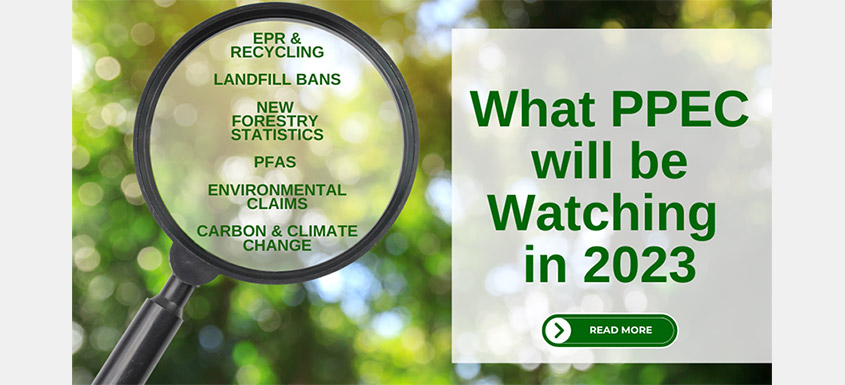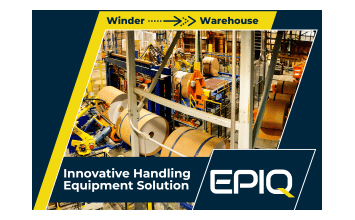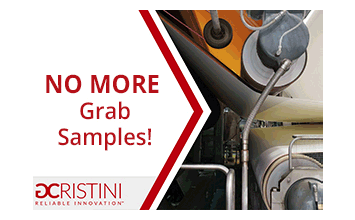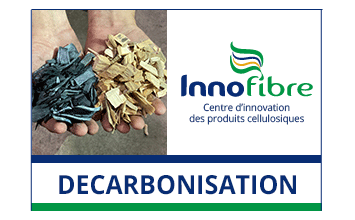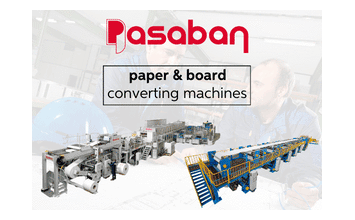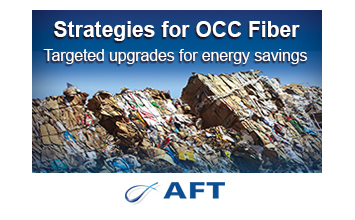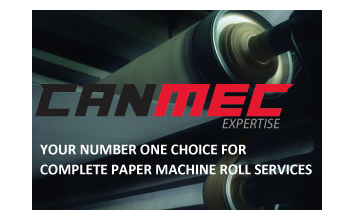As the Paper and Paperboard Packaging Environmental Council (PPEC) continues to work on achieving its mission to promote the environmental sustainability of the Canadian paper packaging industry, we will also be closely monitoring the following key issues in 2023:
Extended Producer Responsibility and Recycling
Extended Producer Responsibility (EPR) is a policy approach in which a producer – a business that makes or sells obligated materials – is made financially and physically responsible for ensuring their products and packaging are properly managed at the end of their life.
While PPEC members have not historically been obligated stewards of these programs – our members typically engage in business-to-business transactions, and do not directly supply finished products to consumers – such recycling programs are critical as they are an important supply of our industry’s feedstock, allowing PPEC members to use high amounts of recycled content in the three major paper packaging grades.
This year will be busy with changes to existing programs and government consultations, and PPEC will be closely monitoring and participating in consultations. For more information on EPR for paper and packaging, and the status of provincial programs, please visit PPEC’s new EPR web page.
EPR also continues to ramp up across the border with several U.S. states enacting or developing packaging producer responsibility laws including Maine, Oregon, Colorado, and California. PPEC follows the activities of the American Forest and Paper Association and the Fibre Box Association to stay informed about U.S. EPR activity.
Landfill bans
As part of the Government of Canada’s commitment to reduce emissions by 40 to 45% below 2005 levels by 2030, and achieve net-zero emissions by 2050, they are looking at ways to reduce methane emissions from municipal solid waste landfills.
PPEC has long supported banning old corrugated boxes from landfill as it would reduce methane and ensure that valuable materials are diverted and recycled.
When organic waste – such as food, yard waste, and paper products – is disposed in landfills, it produces methane, a greenhouse gas.
A landfill disposal ban is a tool that stipulates that certain materials are not accepted for disposal; they are often used when there is a recycling program in place for that material. For example, Nova Scotia, Prince Edward Island, and Metro Vancouver have banned corrugated cardboard from their jurisdiction’s disposal sites.
The bottom line is that used boxes should not end up in landfill. Recycled paper packaging represents our industry’s feedstock as it is continually collected and recycled through residential and business recycling programs, allowing those materials to be remade into new paper packaging products again and again.
New Forestry Statistics
Sustainable forest management is a fundamental pillar for PPEC and its members and is essential to the Canadian paper-based packaging industry.
While most paper packaging made in Canada is produced with recycled content, the paper fibres it was originally made from came from a tree. However, the Canadian paper packaging industry doesn’t use much in the way of freshly cut trees, and the little that is harvested must be successfully regenerated by law. In 2019, the total forest harvest (for lumber and all paper grades including packaging) represented 0.2% of Canada’s forest land, according to The State of Canada’s Forests Annual Report, which is published annually by Natural Resources Canada.
The 2022 Annual Report was recently released and is a key source of data on Canada’s forests and its sustainable management, which PPEC uses to correct misinformation about the Canadian paper-based packaging industry.
PFAS
PPEC continues to monitor government activity related to PFAS, or perfluoroalkyl and polyfluoroalkyl substances, which are a class of chemicals that, in some cases, have been found to be potentially harmful to the environment and human health.
As perfluoroalkyl substances can provide oil, grease, and water resistance, PFAS can be found in some types of paper-based food packaging.
The Government of Canada is currently considering activities that would address PFAS as a broad class and published a notice of intent in the Canada Gazette. In the U.S., several states have passed laws banning intentionally-added PFAS in packaging. New York’s new law took effect December 31 and prohibits the intentional application of PFAS in packages or packaging components designed for direct food contact, which can include wrappers, bags and tubs that are made from paper, paperboard, and other materials derived from plant fibres.
Environmental Claims and Definitions
The issue of greenwashing continues to be an increasingly important priority of enforcement agencies across North America and globally. In Canada, environmental claims are overseen by the Competition Bureau who archived its enforcement guidelines on environmental claims last year. In the U.S., the Federal Trade Commission oversees consumer protection and competition issues, and is currently consulting on potential changes to their Green Guides which provide guidance on the use of environmental and recycling claims. And in Europe, the European Union is apparently reviewing the definition of what counts as “recyclable” as they look to overhaul their packaging waste law.
Given recent enforcement activity surrounding environmental claims, and confusion around some of the terminology – recovery, collection, recycling, diversion, end markets – PPEC will be looking to address some of the issues with definitions, how it impacts data, and how they relate to environmental claims over the next year.
Carbon and Climate Change
PPEC continues to monitor government and industry climate change and carbon reduction initiatives. While paper-based packaging is highly recyclable and recycled across Canada and made from a renewable resource using sustainable forest management practices, we are currently gathering available data related to carbon emissions of paper packaging material.
 Rachel Kagan
Rachel Kagan
Executive Director
The Paper & Paperboard Packaging Environmental Council (PPEC)



